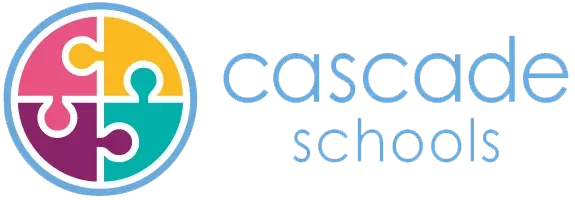Our PSHE lessons are built around the well-respected Jigsaw programme, giving pupils a clear, age-appropriate journey through relationships, health, citizenship, finance and personal safety. Yet we know that young people’s questions don’t follow a timetable, so staff routinely adapt and extend each module to match the issues our students are actually facing.
If a local news story raises online-safety worries, we weave it straight into the next session. Should Thrive assessments highlight anxiety around friendships or body image, we pause, regroup and teach the strategies pupils need right then. This flexible, needs led approach means safeguarding themes are always taught in context, making the guidance more meaningful and memorable.
Every lesson combines discussion, role-play and practical activities, so children not only hear good advice but practise the skills to apply it. By blending Jigsaw’s solid framework with responsive teaching, we give our students the knowledge, confidence and support to navigate today’s challenges and grow into safe, responsible, well informed adults.
Personal, Social, Health and Economic Education, including Relationships, Sex and Health Education is delivered as part of the school’s wider curriculum.
The curriculum supports pupils’ personal development, wellbeing, safety and preparation for adulthood. Content is delivered in an age appropriate and developmentally appropriate manner, reflecting the needs of pupils at Felix House School.
Relationships, Sex and Health Education (RSHE)
RSHE is statutory and forms part of the PSHE curriculum.
The programme covers:
- Relationships Education
- Health Education
- Age-appropriate Sex Education
Further detail is available in the school’s PSHE Policy.
Parental Consent and Right to Withdraw
Parents and carers complete a consent form on admission in relation to the sex education elements of RSHE.
Consent is not permanent and may be amended or withdrawn at any time by contacting the Headteacher in writing.
There is no right to withdraw from:
- Relationships Education
- Health Education
- National Curriculum Science content
Parents may withdraw their child from sex education up to three terms before the child turns 16. After that point, if the pupil wishes to receive sex education, appropriate arrangements will be made in line with statutory guidance.
Parental Consultation
Cascade Schools recognises the importance of working in partnership with parents and carers in delivering effective Relationships, Sex and Health Education (RSHE).
In line with statutory guidance, the school will consult with parents and carers when:
- The RSHE policy is developed or significantly revised
- Changes are made to curriculum content
- New resources or programmes are introduced
Consultation may take the form of:
- Parent information sessions
- Surveys or questionnaires
- Written communication outlining proposed content
- Opportunities to review curriculum materials
The views of parents and carers will be carefully considered. However, the final decision on curriculum content rests with the school, in line with statutory requirements and safeguarding responsibilities.
Pupil Consultation
The school actively seeks and values pupil voice in shaping the RSHE curriculum. Consultation may include:
- School council discussions
- Structured pupil feedback
- Personal Development reviews
- EHCP review meetings
- Informal feedback within lessons
Given the SEMH context of Cascade Schools, pupil consultation is adapted to meet individual communication needs and emotional readiness. This ensures that RSHE provision remains relevant, safe and responsive to pupils’ lived experiences and levels of vulnerability.
Consultation with Staff and Governors
The Headteacher and Curriculum Leads will consult with:
- Teaching staff
- The Designated Safeguarding Lead
- School nurses or external professionals where appropriate
- The School Advisory Board
The School Advisory Board has oversight of the policy and ensures it remains compliant with statutory guidance and reflective of the needs of the school community.
Admissions Process
During the admissions process:
- Parents and carers are informed that Relationships Education and Health Education are statutory and compulsory.
- The school explains the content of the RSHE curriculum and how it is adapted to meet individual needs.
- Parents are informed of their right to request withdrawal from sex education (as defined in this policy), and the process for doing so.
- Where appropriate, discussions will consider the pupil’s EHCP, safeguarding profile and level of vulnerability to ensure that RSHE provision supports their safety and development.
Information about RSHE is shared as part of transition planning and induction meetings to ensure transparency and partnership from the outset.
Ongoing Communication
Cascade Schools is committed to maintaining open communication regarding RSHE. Parents are encouraged to contact the school if they:
- Have questions about content
- Wish to view teaching materials
- Have concerns about their child’s participation
- Wish to discuss withdrawal
The school will respond promptly and professionally to all enquiries.







